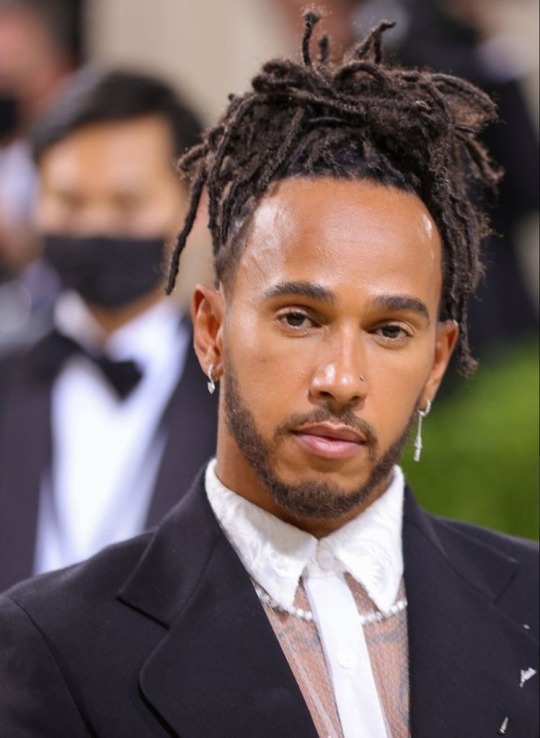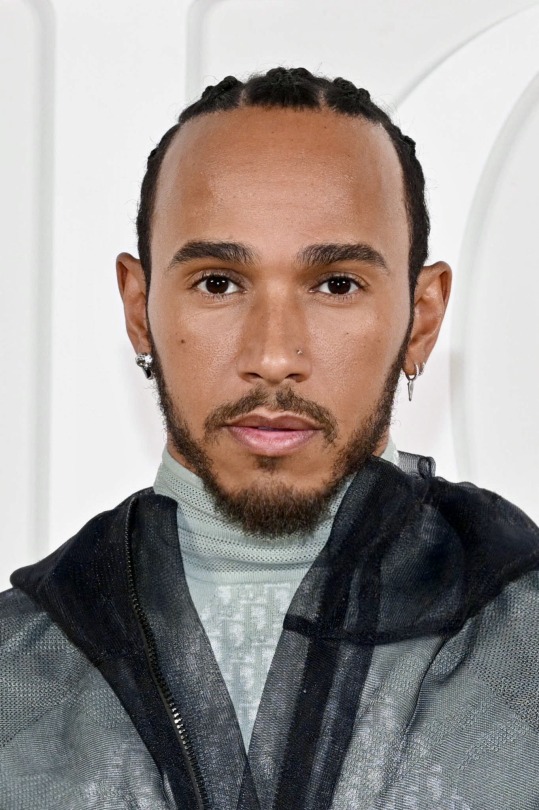Text


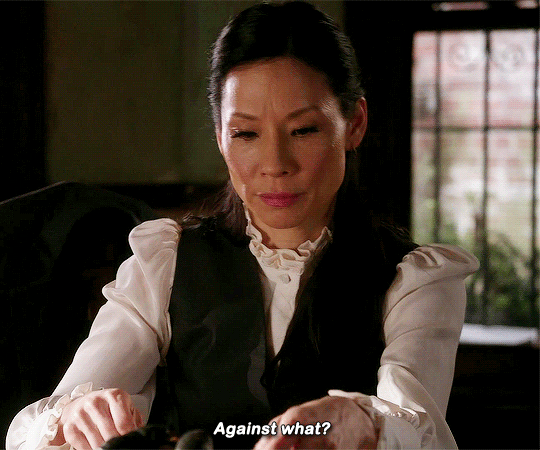

Tortoises have terrible hearing. The music [Enya] is for you. You said you used to listen to spa music when you operated on patients. I thought it might reduce your agita during this bothersome task.
2K notes
·
View notes
Text
rewatching elementary now with the knowledge Jonny Lee Miller had started with his own sobriety and recovery whilst filming is honestly transcendent. He is so GOOD. he is gut-wrenching. The scene where Sherlock explains his sobriety feels like a leaking faucet that requires constant maintenance and offers only not to drip in return - jlm does this thing with his voice where he's on the verge of tears but bored all at once. He's wrecked by a feeling he's utterly sick to death of having. It's such a compassionate performance. On another level it is truly crazy to me that we have so many Sherlock Holmes adaptations so eager to make Sherlock an addict, but Elementary is far and away the only adaptation that does that and takes the addiction seriously. Perhaps in part because of JLM's real life recovery, but we'll never know. On a rewatch, it's a lot :')
11K notes
·
View notes
Text






You do this and I will hate you forever.
3K notes
·
View notes
Text






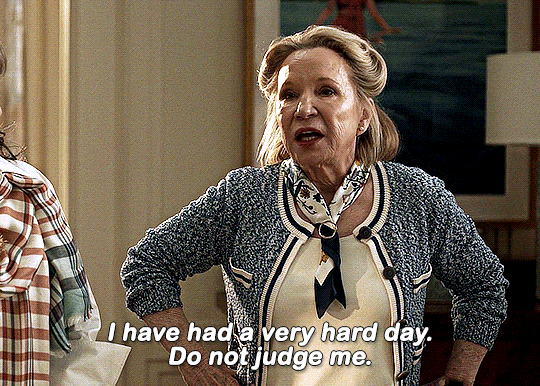
DEBRA JO RUPP as SHARON DAVIS in AGATHA ALL ALONG (2024)
2K notes
·
View notes
Text





hello i love her<3
3K notes
·
View notes
Text
objectively hilarious that they chose the dynamic of agatha and rio to have agatha holding the power AND wanting rio to leave her the fuck alone because it couldve so easily been a "i am killing all these people to forcefully get the attention of the cold distant force of death that i am in love with" but it is instead "killing is my most favorite hobby ever, only downside is that it constantly reveals my location to my bitch ex wife who keeps begging me to get back together"
9K notes
·
View notes
Text






~~ Jennifer & Lilia AGATHA ALL ALONG e02-05,e07.
5K notes
·
View notes
Text







Lilia, you did it. You saved us.
4K notes
·
View notes
Text
Great concept, loving the use of light and Ozai breathing down his neck.

I wanted to be Zuko as a kid, not gonna lie. He was taller and cooler and had a perserverance that was super inspiring to me. Also the live action show released a trailer earlier and I've been attempting to practice light and painting recently. I want to get better!!!!
Anyway Zuko. Like pyros. You'll see more of them.
334 notes
·
View notes
Text









here r all of my avatar girlies’ profile portraits - without the procreate taskbar 😋 feel free to use them as icons or wallpapers 🩷
8K notes
·
View notes
Text
I would read a 250k fic about this in one sitting.
Azula centric ATLA au where everything is the same as canon except around when Azula's 10, Ozai starts to get...nervous.
because a powerhungry domineering heir is all good and well, but also HE was a powerhungry domineering heir. and he 1) eventually super got his dad murdered & 2) would've done it himself way sooner if he was strong enough. and while azula is nowhere near as strong as him *now*, she's a lot stronger than he was at her age and presumably only going to get stronger. keeping her in assassinating distance suddenly seems like a very bad idea.
so he decides he just needs to send her away for a very long time with a somewhat failing mission. keep her out of his way, out of his palace, with a little bit of a smudge on her record so people won't be aligning with her to overthrow him or anything. she's still the preferred heir he just doesn't TRUST her is all!
so he sends her on a mission to...capture the avatar. and she can't come back until she does.
10 year old azula is a lot more politically-minded than zuko was at 14, so she knows this is a wild goose chase he doesn't intend for her to actually succeed at and she is VERY VERY MAD ABOUT IT. she worked so hard to be such a good domineering powerhungry heir for him and hes going to send her away and keep weakling loser zuko around??? unacceptable!!
also iroh definitely stays in the palace to keep zuko safe from plotting and poison so she's just like. alone. her and a crew of sailors who all kind of look down on her, as scary as she is, bc she's 10 and not 14 and on the outs, not the heir (as far as anyone knows).
anyways theres a lot of ways this au could go but ultimately i think the most fun is that she doesn't become like, Good or Anti-War but she also isn't devoted to the fire nation anymore. Instead shes just like "i WILL kill the firelord. don't care what happens after that or around it"
like she joins the gaang and teaches aang firebending, but NOT because she agrees with them. or disagrees with them. shes just like what happens to the world is none of my business what happens to firelord ozai absolutely is
azula: my father thought i wanted to kill him when i was ten years old. i would HATE to disappoint him
1K notes
·
View notes
Text
Katara's Story Is A Tragedy and It's Not An Accident
I was a teenaged girl when Avatar: The Last Airbender aired on Nickelodeon—the group that the show’s creators unintentionally hit while they were aiming for the younger, maler demographic. Nevermind that we’re the reason the show’s popularity caught fire and has endured for two decades; we weren’t the audience Mike and Bryan wanted. And by golly, were they going to make sure we knew it. They’ve been making sure we know it with every snide comment and addendum they’ve made to the story for the last twenty years.
For many of us girls who were raised in the nineties and aughts, Katara was a breath of fresh air—a rare opportunity in a media market saturated with boys having grand adventures to see a young woman having her own adventure and expressing the same fears and frustrations we were often made to feel.
We were told that we could be anything we wanted to be. That we were strong and smart and brimming with potential. That we were just as capable as the boys. That we were our brothers’ equals. But we were also told to wash dishes and fold laundry and tidy around the house while our brothers played outside. We were ignored when our male classmates picked teams for kickball and told to go play with the girls on the swings—the same girls we were taught to deride if we wanted to be taken seriously. We were lectured for the same immaturity that was expected of boys our age and older, and we were told to do better while also being told, “Boys will be boys.” Despite all the platitudes about equality and power, we saw our mothers straining under the weight of carrying both full-time careers and unequally divided family responsibilities. We sensed that we were being groomed for the same future.
And we saw ourselves in Katara.
Katara begins as a parentified teenaged girl: forced to take on responsibility for the daily care of people around her—including male figures who are capable of looking after themselves but are allowed to be immature enough to foist such labor onto her. She does thankless work for people who take her contributions for granted. She’s belittled by people who love her, but don’t understand her. She’s isolated from the world and denied opportunities to improve her talents. She's told what emotions she's allowed to feel and when to feel them. In essence, she was living our real-world fear: being trapped in someone else’s narrow, stultifying definition of femininity and motherhood.
Then we watched Katara go through an incredible journey of self-determination and empowerment. Katara goes from being a powerless, fearful victim to being a protector, healer, advocate, and liberator to others who can’t do those things for themselves (a much truer and more fulfilling definition of nurturing and motherhood). It’s necessary in Katara’s growth cycle that she does this for others first because that is the realm she knows. She is given increasingly significant opportunities to speak up and fight on behalf of others, and that allows her to build those advocacy muscles gradually. But she still holds back her own emotional pain because everyone that she attempts to express such things to proves they either don't want to deal with it or they only want to manipulate her feelings for their own purposes.
Katara continues to do much of the work we think of as traditionally maternal on behalf of her friends and family over the course of the story, but we do see that scale gradually shift. Sokka takes on more responsibility for managing the group’s supplies, and everyone helps around camp, but Katara continues to be the manager of everyone else’s emotions while simultaneously punching down her own. The scales finally seem to tip when Zuko joins the group. With Zuko, we see someone working alongside Katara doing the same tasks she is doing around camp for the first time. Zuko is also the only person who never expects anything of her and whose emotions she never has to manage because he’s actually more emotionally stable and mature than she is by that point. And then, Katara’s arc culminates in her finally getting the chance to fully seize her power, rewrite the story of the traumatic event that cast her into the role of parentified child, be her own protector, and freely express everything she’s kept locked away for the sake of letting everyone else feel comfortable around her. Then she fights alongside an equal partner she knows she can trust and depend on through the story's climax. And for the first time since her mother’s death, the girl who gives and gives and gives while getting nothing back watches someone sacrifice everything for her. But this time, she’s able to change the ending because her power is fully realized. The cycle was officially broken.
Katara’s character arc was catharsis at every step. If Katara could break the mold and recreate the ideas of womanhood and motherhood in her own image, so could we. We could be powerful. We could care for ourselves AND others when they need us—instead of caring for everyone all the time at our own expense. We could have balanced partnerships with give and take going both ways (“Tui and La, push and pull”), rather than the, “I give, they take,” model we were conditioned to expect. We could fight for and determine our own destiny—after all, wasn’t destiny a core theme of the story?
Yes. Destiny was the theme. But the lesson was that Katara didn’t get to determine hers.
After Katara achieves her victory and completes her arc, the narrative steps in and smacks her back down to where she started. For reasons that are never explained or justified, Katara rewards the hero by giving into his romantic advances even though he has invalidated her emotions, violated her boundaries, lashed out at her for slights against him she never committed, idealized a false idol of her then browbeat her when she deviated from his narrative, and forced her to carry his emotions and put herself in danger when he willingly fails to control himself—even though he never apologizes, never learns his lesson, and never shows any inclination to do better.
And do better he does not.
The more we dared to voice our own opinions on a character that was clearly meant to represent us, the more Mike and Bryan punished Katara for it.
Throughout the comics, Katara makes herself smaller and smaller and forfeits all rights to personal actualization and satisfaction in her relationship. She punches her feelings down when her partner neglects her and cries alone as he shows more affection and concern for literally every other girl’s feelings than hers. She becomes cowed by his outbursts and threats of violence. Instead of rising with the moon or resting in the warmth of the sun, she learns to stay in his shadow. She gives up her silly childish dreams of rebuilding her own dying culture’s traditions and advocating for other oppressed groups so that she can fulfill his wishes to rebuild his culture instead—by being his babymaker. Katara gave up everything she cared about and everything she fought to become for the whims of a man-child who never saw her as a person, only a possession.
Then, in her old age, we get to watch the fallout of his neglect—both toward her and her children who did not meet his expectations. By that point, the girl who would never turn her back on anyone who needed her was too far gone to even advocate for her own children in her own home. And even after he’s gone, Katara never dares to define herself again. She remains, for the next twenty-plus years of her life, nothing more than her husband's grieving widow. She was never recognized for her accomplishments, the battles she won, or the people she liberated. Even her own children and grandchildren have all but forgotten her. She ends her story exactly where it began: trapped in someone else’s narrow, stultifying definition of femininity and motherhood.
The story’s theme was destiny, remember? But this story’s target audience was little boys. Zuko gets to determine his own destiny as long as he works hard and earns it. Aang gets his destiny no matter what he does or doesn’t do to earn it. And Katara cannot change the destiny she was assigned by gender at birth, no matter how hard she fights for it or how many times over she earns it.
Katara is Winston Smith, and the year is 1984. It doesn’t matter how hard you fight or what you accomplish, little girl. Big Brother is too big, too strong, and too powerful. You will never escape. You will never be free. Your victories are meaningless. So stay in your place, do what you’re told, and cry quietly so your tears don’t bother people who matter.
I will never get over it. Because I am Katara. And so are my friends, sisters, daughters, and nieces. But I am not content to live in Bryke's world.
I will never turn my back on people who need me. Including me.
3K notes
·
View notes
Photo

just ember island things
131K notes
·
View notes
Text
that one post with all the edgy anime boys in a therapy waiting room but it's lain, rei, madoka, anthy, etc.
46K notes
·
View notes
Text




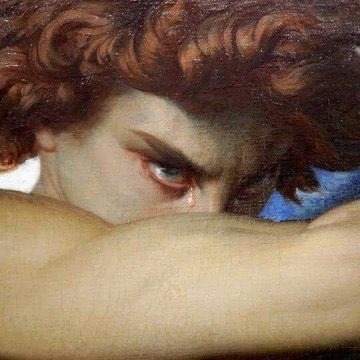



fear, sadness, hate and disappointment by sarah snook as siobhan roy
3K notes
·
View notes
Text
if i was the joker id just get a restraining order on batman and superman whataere they gonna do? break the law? then theyre no better than me, a cold blooded murderer. and this would 100% work, because superheroe movies have the shittiest takes on ethics since fucking kant
307K notes
·
View notes
